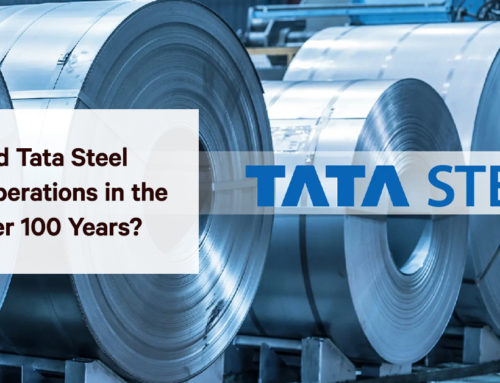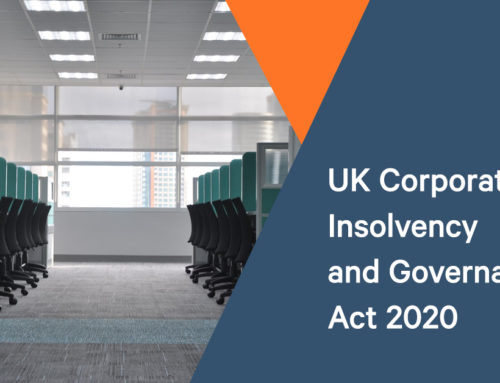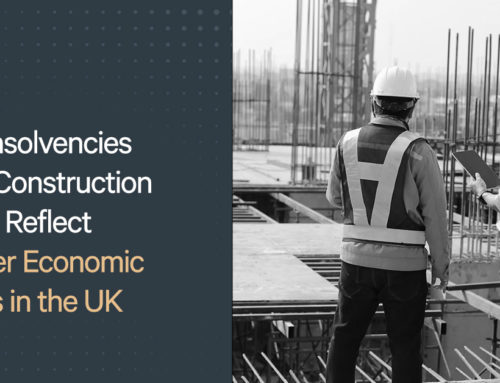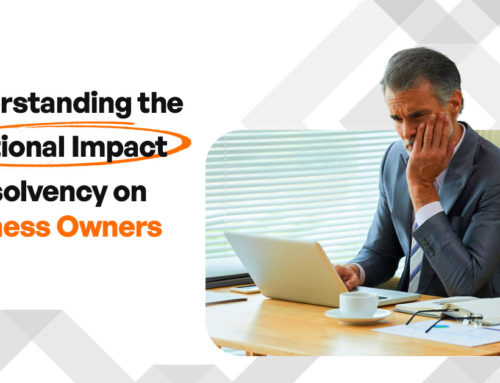Declaring personal bankruptcy or insolvency is usually the last resort for many struggling with debt. Before you go down this route, it is a good idea to understand the costs involved. Although it is an option for resolving debt issues, you will need to have sufficient funds to apply for bankruptcy and the hiring of an insolvency practitioner to handle the process on your behalf.
If you are a sole trader or partnership company that is applying for bankruptcy, it is a requirement that an insolvency practitioner is engaged and the individual(s) holding the debt will be responsible for their fees.
What are the fees to apply for bankruptcy?
Firstly, bankruptcy fees are different in England, Wales and Northern Ireland. In Scotland, bankruptcy is known as sequestration. If you are applying for bankruptcy, you are liable for the fees. However, if a creditor is petitioning the courts for your bankruptcy, you are not liable for the fees.
- Bankruptcy fees in England and Wales – the application fee is £130 and there is a deposit of £550 – totalling £680.
- Bankruptcy fees in Northern Ireland – there is a court fee of £155, a deposit of £525 and a solicitor’s fee of £7 – totalling £647.
- Fees for sequestration in Scotland – there is a fee of £200 that must be paid in full on application.
Bankruptcy fees must be paid in full and upfront before the application is approved. It is possible to pay by instalments but, again, all instalments must have been paid before the application is sent for approval.
The bankruptcy deposit covers the cost of administering to the processing of the paperwork and completion of the bankruptcy process.
Are there any other bankruptcy fees to pay?
In short, yes, there may be. Should you need to sell your home, assets or valuable possessions to pay for the bankruptcy process, you will be liable for the fees involved in these processes. For example:
- The insolvency practitioner or official receiver’s fees
- Estate agency and solicitors’ fees for selling a property
However, if your assets or any spare income does not cover these fees, you won’t have to pay them. The only insolvency fees that must be paid are the bankruptcy application fee and deposit (and the solicitor’s fee in Northern Ireland).
If you have assets or spare income, it is known as your ‘bankruptcy estate’ and an insolvency practitioner, or official receiver, is appointed to oversee and handle the bankruptcy estate. The costs involved may include:
- Administration fee of £1,990
- General fee of £6,000
- The insolvency practitioner’s fee which is 15% of the realised assets, i.e funds raised from selling your assets
- Costs incurred in selling your assets
Once the insolvency practitioner has paid the above costs, any remaining money will be shared among your creditors.
Applying for bankruptcy
If you are applying for bankruptcy, the process can be completed online. As well as completing the application form, you will also need to provide details of your debts, your income and your outgoings. If you have received any letters from debt collection agencies, enforcement officers or bailiffs, these must also be included in your application.
Normally, you will receive a decision within 28 days of your application. However, during the current pandemic climate, it may take longer.
In certain situations, your creditors are entitled to petition the courts to make you bankrupt, even if that is not what you want. They are able to apply for bankruptcy under any of the following reasons:
- To aim to stop you from receiving more credit in the future
- Because you have broken promises, such as regular payments, or you have acted fraudulently
- Because they believe you are hiding assets of value and being dishonest – in this situation, the creditors want your financial affairs to be investigated by an official receiver or insolvency practitioner
- Because they know you have assets of property or land that could be sold in order to raise the funds to pay back your debts
- They’re part of a group, such as employees, that want to recover owed wages by making you bankrupt
It is worth noting that unless you owe more than £5,000, creditors are not entitled to apply to make you bankrupt on this basis alone. However, if you owe a creditor in excess of £5,000, which may be the case if you are a sole trader or partnership company, they are allowed to apply to the courts. They will need to demonstrate that either:
- They have sent you a statutory demand, which is a legal notice, about how much you owe. This is your opportunity to make arrangements to pay the outstanding amount, or agree on instalments, within 21 days to cancel the statutory demand. If this doesn’t happen, they can request the court make the bankruptcy order.
- They have attempted to enforce a court judgement made against you, via an enforcement agency or bailiffs, without success. It is important that the bailiffs have made serious attempts to enter your home and take your property.
It is a costly process for the creditor, particularly if when the assets have been realised there is insufficient money to subsequently pay off the debt owed. For a creditor to apply to the courts for a bankruptcy order against you, the creditor will have to pay £990 for the petition deposit and court fees of £280. Therefore, unless the creditor is sure that the debtor’s assets will repay them once sold, it is probably not a wise course of action.
Once a bankruptcy order has been made, an insolvency practitioner or official receiver takes control of the debtor’s assets to arrange their sale. Repayment of creditors strictly follows an order of priority that is set out in the Insolvency Act 1986. This may result in an unsecured creditor losing out and not receiving a dividend to pay back the debt.
If your business is struggling with debts or you are thinking of winding up a solvent company voluntarily, the first step is to seek professional advice. Our highly experienced professionals at Leading are on hand to help and advise on the process.






